A generation ago, Murghab was well taken care of. As the highest town of the former Soviet Union at 3600 metres above sea level and close to the sensitive borders with Afghanistan and China, the town enjoyed ample provisions from Moscow brought in via the Pamir Highway. It featured electricity around the clock, an airport with regular flights, a movie theatre, and a hospital with central heating. Since then, Murghab and its people have weathered several storms and many of the Soviet hallmarks are crumbling away. Yet, life goes on and, with wit and improvisational skills, the ruins of Socialism afford a plethora of new but precarious ways to make do.
The film provides a window into contemporary life in Murghab. It offers glimpses into people's daily routines, inviting the audience on a journey to the Pamirs. It follows a group of men harvesting shrubs on the windswept high-altitude plateau, a nurse keeping regional health statistics, a passionate teacher inspiring a sense of history and purpose in her class, and a welder building stoves from the scraps of Soviet modernity. A winter film of hardship, work and hope.
World Premiere. Screenings: May 12, 16:00, City Kinos | May 18, 18:30, Gasteig.
www.dokfest-muenchen.de
International premiere, semaine de la critique competition. Screenings at La Sala Aug 13, 11:00 and Aug 14, 18:30.
www.locarnofestival.ch

Kino in der Reitschule, Neubrückstr. 8, Bern, 20:00
www.ethnokino.com
French premiere, competition. Screenings: 4 Dec, 14:00, Cinéma le Clos | 6 Dec, 20:30, Cinéma le Clos | 8 Dec, 10:00, Grande Salle
festival-autrans.com/en
Irish premiere, documentary competition. Screening: Jan 21, 13:00, Hugh Lane Gallery, Dublin
silkroadfilmfestival.com
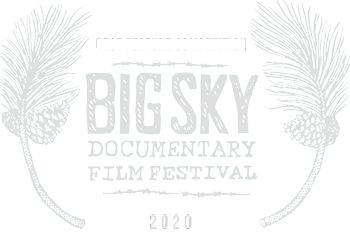
North American premiere, best feature competition. Screening: Feb 15, 17:30, ZACC
www.bigskyfilmfest.org

Online, available during the festival.
www.gieff.de

Bosco Chiesanouva, Italy. Screening: 29 Aug, 11:00
https://www.ffdl.it/en/

Winner, best documentary feature.
https://dumbofilmfestivalroom.com
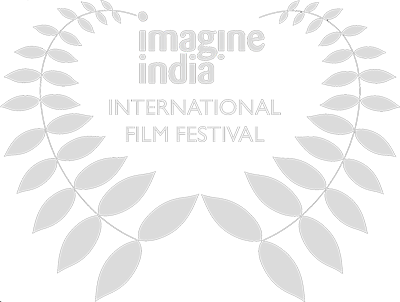
Spanish premiere. Screening Sep 27
https://imagineindia.net

Asian premiere. International competition. On-site and online in Korea.
http://www.umff.kr/eng/default.asp

Austrian premiere. Documentary competition. Screenings: 3 Nov, 18:10, Cinematograph; 5 Nov, 18:30 Leokino 2.
http://iffi.at

Larry H. Miller Megaplex Pineview Theaters, St. George, UT
https://docutah.com

Screenings postponed, dates to follow
http://www.fifeq.ca/en/
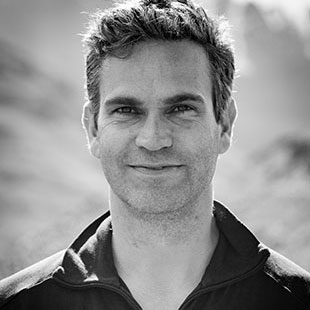
Martin Saxer is an anthropologist based in Munich, Germany. He was a Clarendon scholar at Oxford and received his doctorate in 2010. He conducted extensive fieldwork in Siberia, Tibet, Nepal and Tajikistan. Since 2015, he is leading the 5-year research project Remoteness & Connectivity: Highland Asia in the World, funded by a European Research Council Starting Grant (see highlandasia.net). He is currently working on his second monograph and an exhibition on highland flotsam. Since 2012, he is running the visual ethnography blog theotherimage.com. Murghab is Martin's third feature-length documentary film.
I first came to Murghab in 2013 to find out more about trade and exchange between the Tajik Pamirs and China. I immediately felt at home in Murghab and since then, I returned every year. As an anthropologist of the highlands of Asia, I wrote several articles on what I considered to be the big and relevant topics – the legacies of the borders drawn during the Great Game, the provisioning of Murghab from the outside during Soviet times, Chinese mining operations, trophy hunting and NGO efforts at boosting tourism while safeguarding the fragile mountain ecosystem (see Background). I always felt, however, that focussing on these themes also meant glossing over much of the world I was experiencing. My ambition with the film was thus to move the big topics somewhat to the background to make room for the small everyday stories that create so much of the texture and rhythm of life in Murghab today.
To me, the town of Murghab always seemed carved out from its stark and arid surroundings and somehow leased on time from a rugged environment that requires constant human effort to make it livable. Shrubs (teresken) need to be collected to make fire; coal imported to keep warm during winter; gasoline smuggled to power cars and generators; water hauled into the houses from the communal wells; and for two years, the aging Soviet hydropower station was shut down completely while undergoing reconstruction (since September 2018, it is working again). In short, warmth, light and water are not a given in the Pamirs; they demand work and often improvisational skills.
This, of course, was not always the case. The sea of electricity poles are a testimony of the Soviet era where many basic services were taken for granted. The adjective Post-Soviet, here, describes the afterlife of a former kind of modernity long gone. The challenge I faced as cinematographer was to find a visual form that would neither indulge in nostalgic ruin porn nor exoticise the Pamirs as remote highland outpost; a visual form that would, instead reveal the linkages between the town and its surroundings and show the possibilities of life amidst the remains of yesterday's tomorrows.
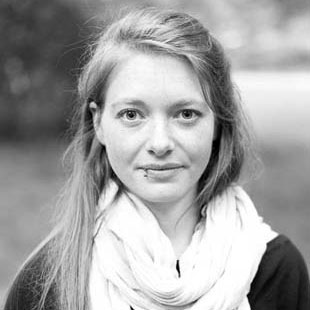
Marlen Elders completed her MA in Social and Cultural Anthropology with a thesis on exploring aesthetics and sensory perception, experimenting with creative research methods including audio-visual techniques. In Summer 2017 she co-curated an exhibition on Munich’s environmental (hi)stories at the Rachel Carson Center (see Ecopolis München). Since 2016 she is part of the research project Remoteness & Connectivity: Highland Asia in the World, currently working on the highland flotsam exhibition and her first documentary film Murghab.
When I first visited Murghab in August 2017, it was warm, dusty and busy. The bumpy Pamir Highway was bustling with people and goods, the guesthouses were crowded and Murghab’s only hotel was a vivid meeting point for cyclists, bikers and adventurous backpackers staying for a few days before moving on towards Osh, Dushanbe or the Wakhan Corridor. The tourism sector is one of the rare economic opportunities in this area. Over the last few years, many Murghabi invested in guesthouses and SUVs, offering tours to Kyrgyz summer pastures and hot springs. In winter, tourism grinds to a halt. The prospect of minua 40°C and icy roads scare most tourists away.
Murghab residents, however, have to cope with these harsh conditions. I was stunned to see how much effort it actually takes to keep the basic infrastructure running. For heating, cooking or simply making tea, you need to start a fire. Water is carried form the well several times a day, clothes are washed by hand and charging phones requires a generator or solar panels. My initial romantic enchantment for this post-industrial world soon gave way to a feeling of deep respect for the people living in Murghab.
For recording sound, however, the absence of the typical background noise of urban life was an advantage. It allowed for pure and intense aural textures that helped to create an immersive soundscape of Murghab. In the beginning, I was somewhat worried about the fact that I would have to record conversations I was not able to understand. In retrospect, however, I think it allowed me to dive into unfolding scenes even more affectively, and helped to capture a glimpse of the very special atmosphere of Murghab.
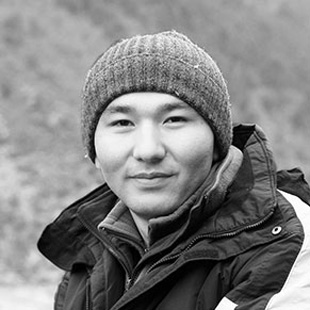
Daler Kaziev completed his BA at American University of Central Asia, Bishkek (Kyrgyzstan) in 2017. Majoring in the field of Environmental Sustainability and minoring in Anthropology, his BA thesis was about the Community Resilience and Commodification of Natural Resources in the Eastern Pamirs of Tajikistan. Since 2015, Daler has been collaborating with the team of the project Remoteness & Connectivity: Highland Asia in the World. This collaboration resulted in the creation of his first documentary film Murghab. Currently, he is an MS candidate in the Department of Natural Resources, Cornell University.
Growing up in Murghab after the end of the Soviet Union, I learnt that the collectors of teresken shrubs are among the most important people in the town. During Soviet times, the houses of Murghab were heated with coal imported from the Donbass region of Ukraine; the Ak-Suu, a Soviet-built hydropower station, and supplementary diesel generators provided electricity. With the collapse, all these supplies stopped. The lack of fuel, coal, and electricity forced people to collect dwarf shrubs – the only feasible woody plants growing in the high-altitude valleys of the Pamirs. Conservationists perceived the intensive removal of shrubs from the pasture lands as an ecological crisis in the making, leading to land degradation, desertification, and soil erosion. Studies predicted disaster. However, after almost three decades of continuous collection, this disaster has not come to pass.
One of the reasons for this are the local harvesting strategies of shrub collectors. Their informal social organisation has played a crucial role in balancing land stewardship with the basic energy needs of Murghab town. However, they were not given credit for this. NGOs and state representatives concerned with conservation tend to see the teresken collectors as the problem rather than a solution. The collectors are pushed to the edge of legality rather than empowered. Presently, for example, snow leopard conservation has become a big issue in the region; yet, shrub collectors have not been involved in any snow leopard conservation project. While shrubs are food source for wild sheep, goats, and marmots upon which the survival of snow leopards depends, the shrub collectors remain at the margins of development and conservation efforts. With this film, I hope to make them visible and contribute to capacity building among them. I firmly believe that any practical solution to conservation or any form of community-engaged development can only be found from within.
In 2015, while finishing my anthropology degree at the American Universality of Central Asia in Bishkek, I met Martin and became part of the Highland Asia research group. I presented my findings in Munich and joined the project team on trips to Nepal and China. The idea for the film Murghab came out of these conversations. While studying in Bishkek, I had some training in visual anthropology and started working on several short films. Murghab is my first feature-length documentary.
The film Murghab is the result of a close collaboration between three filmmakers, all of them with a background in anthropology. Daler, who grew up in Murghab, brought crucial knowledge and personal connections to the team; Martin contributed his experience from making two prior feature-length documentary films as well as insights from his own research in the Pamirs; and Marlen added her skills in tracing atmospheric tunes and her expertise in sound recording. This combination made for a truly collaborative approach. Much of the content, form and structure of the film emerged while shooting in Murghab in February/March 2018 during long hours of discussions accompanied by the steady sound of a generator charging our equipment at night. While shooting, it was mostly Daler leading the conversations, while Martin focussed on camera work and Marlen on sound recording. Editing started with an intense two-week retreat in a Bavarian village in the Alps before Daler moved to the US to start an MA programme at Cornell University. Marlen and Martin took the lead during postproduction, with Daler watching rough cuts and joining the discussions remotely.
Murghab is also based on research: Daler's BA thesis on shrub collectors and Martin's work in the five-year project Remoteness & Connectivity: Highland Asia in the World, funded by a European Research Council Starting Grant and carried out at the Department of Social and Cultural Anthropology, University of Munich see highlandasia.net. The papers and links below give an overview of this background research.
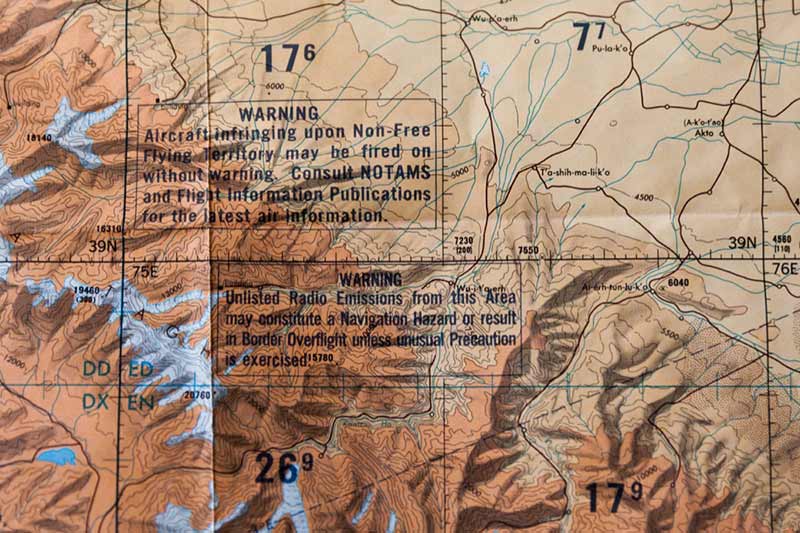
Saxer, Martin. 2016. “A Spectacle of Maps: Cartographic Hopes and Anxieties in the Pamirs”. Cross-Currents: East Asian History and Culture Review, 21:111-136.
DOWNLOAD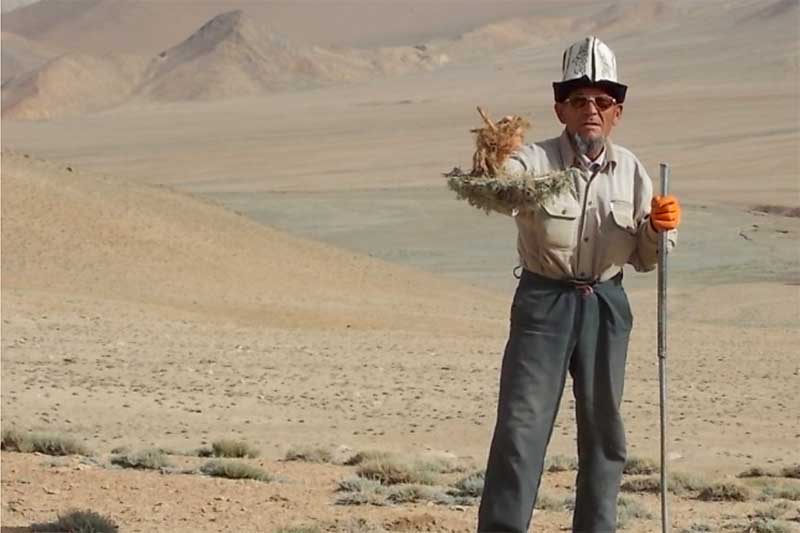
Kaziev, Daler. 2017. Community Resilience and Commodification of Nature: Possibilities of Sustainable Use of Teresken in Eastern Pamir, Tajikistan. BA Thesis, American University of Central Asia.
DOWNLOAD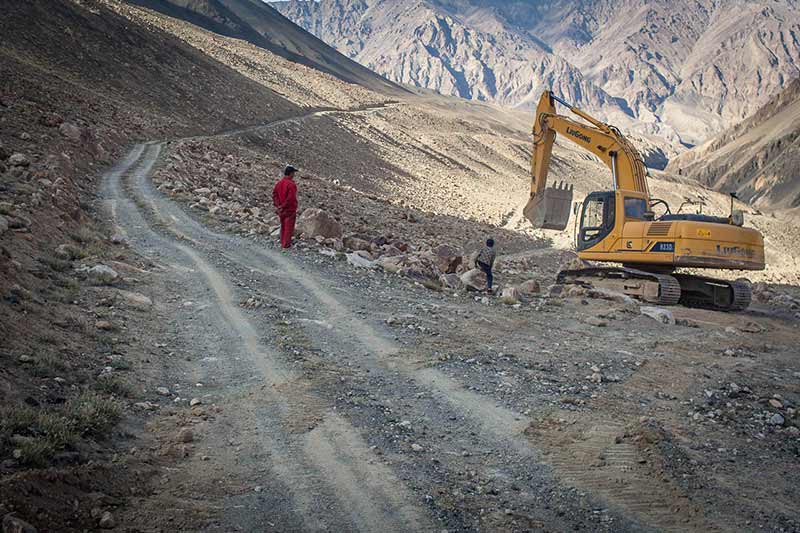
Saxer, Martin. 2018. “Presence without Encounters: Pending futures and the Chinese non(engagement) in the Tajik Pamirs”. Problems of Post-Communism (published online ahead of print). doi:10.1080/10758216.2018.1545589
DOWNLOAD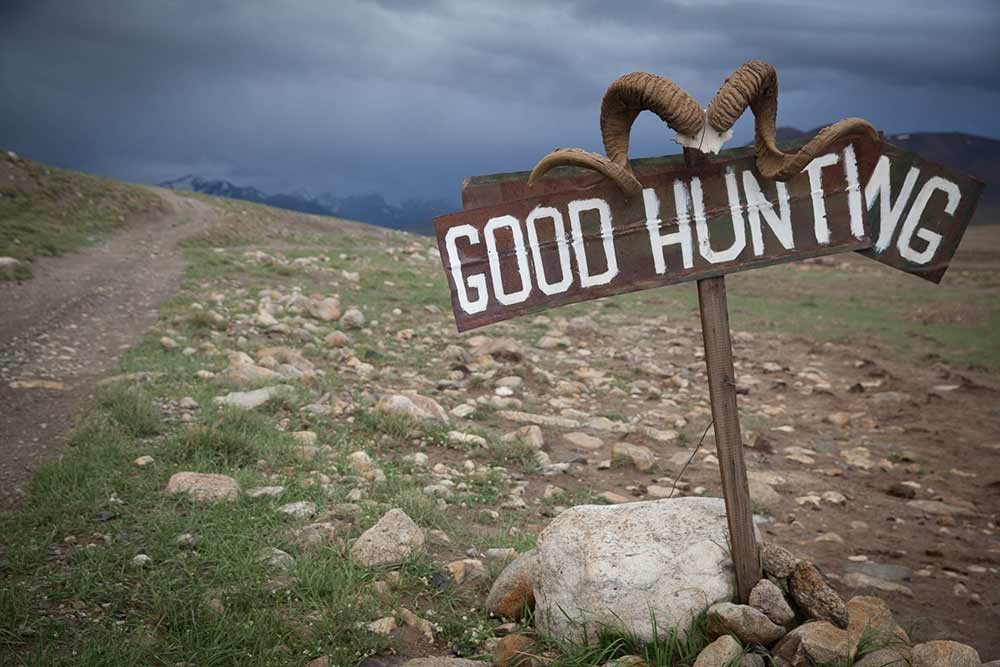
Saxer, Martin. 2018. “Provisions for Remoteness: Cutting Connections and Forging Ties in the Tajik Pamirs”. Inimkond (Humankind) Lecture, Tallinn University, 2 May.
WATCH (YOUTUBE)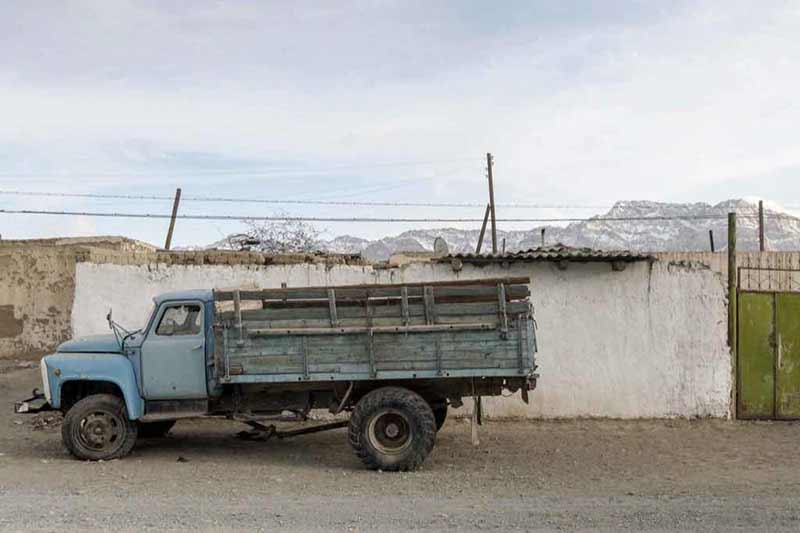
Contact:
Highland Asia Research Group
LMU, Anthropology, Oettingenstr. 67
80538 Munich, Germany
martin.saxer@lmu.de | +49 89 2180 9639
Plain and simple: The sole purpose of this website is to provide information about the documentary Film Murghab. We take the principle of minimal data collection serious and try hard not to collect or process any personal data beyond the basics required to serve and maintain the website.
Specifically,
In order to serve this website, we need to collect and process your IP address and information about your browser, operating system and screen resolution. Murghabfilm.com is a simple, handcrafted, static website hosted by Netlify. It uses Google Fonts. Both Netlify and Google automatically collect usage data, either generated by the use of this website or from the service infrastructure itself. This data is used for accounting and analytic purposes as well as for technical maintenance by these two companies. Neither Netlify nor Google use cookies to track you. Specifics can be found in their respective privacy policies.
The trailer on this website is hosted by Vimeo. Depending on your browser configuration, Vimeo may use cookies and other tracking technologies as stated in their respective privacy policies.
If you have any questions about this privacy policy, please contact us by mail: Highland Asia Research Group, LMU Munich, Department of Social and Cultural Anthropology, Oettingenstr. 67, 80538 Munich, Germany.
This privacy policy has been updated on 13 December 2018.